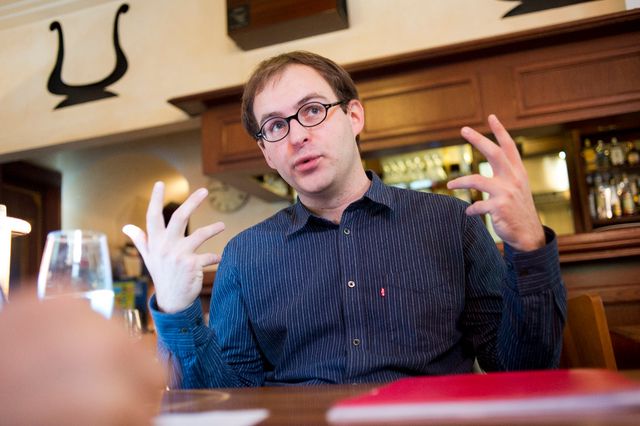Below are some statistics about the eighth year of Equality-by-Lot. Comparable numbers for last year can be found here.
| 2017 | Page views | Posts | Comments |
| Jan | 2,475 | 5 | 74 |
| Feb | 2,764 | 7 | 100 |
| Mar | 3,463 | 10 | 259 |
| Apr | 3,189 | 7 | 127 |
| May | 3,071 | 9 | 101 |
| June | 3,018 | 6 | 92 |
| July | 2,458 | 6 | 158 |
| Aug | 2,364 | 6 | 117 |
| Sept | 2,881 | 8 | 98 |
| Oct | 3,036 | 8 | 116 |
| Nov | 3,643 | 6 | 175 |
| Dec (to 24th) | 2,468 | 6 | 90 |
| Total | 34,830 | 84 | 1,507 |
Note that page views do not include visits by logged-in contributors – the wordpress system does not count those visits.
Posts were made by 17 authors during 2017. (There were, of course, many other authors quoted and linked to.)
There are currently 322 email and WordPress followers of this blog. In addition there are 279 Twitter followers (@Klerotarian) and 67 Facebook followers.
Searching for “distribution by lot” (with quotes) using Google returns Equality-by-Lot as the 4th result (out of “about 57,100 results”). Searching for “sortition” returns Equality-by-Lot as the 2nd result (out of “about 80,700 results”) – right behind the sortition entry at Wikipedia.
Happy holidays and a happy new year to Equality-by-Lot readers, commenters and posters. Keep up the good fight for democracy!
Filed under: Distribution by lot, meta, Sortition | 6 Comments »



 This is the end-of-year summary of notable sortition related events for 2017.
This is the end-of-year summary of notable sortition related events for 2017.
 Antoine Chollet, research professor at UNIL. Photo: Marius Affolter
Antoine Chollet, research professor at UNIL. Photo: Marius Affolter
